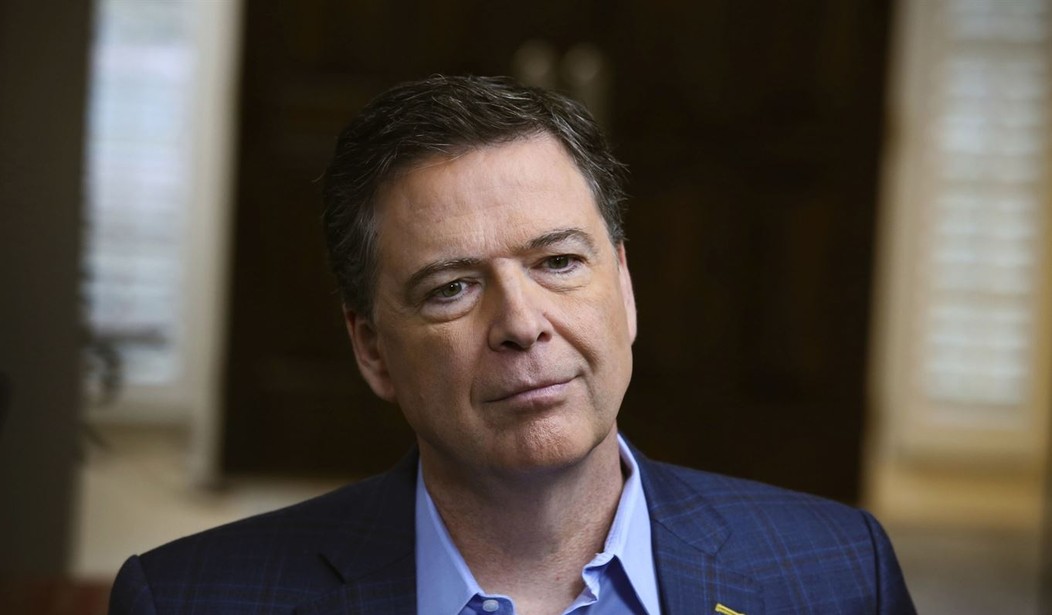DOJ Inspector General Michael Horowitz released a long awaited report Thursday afternoon detailing FBI behavior during the 2016 presidential election. Here are some important points found in the report:
1) Bias was found at the FBI:
During the course of the review, the OIG discovered text messages and instant messages between some FBI employees on the investigative team, conducted using FBI mobile devices and computers, that expressed statements of hostility toward then candidate Donald Trump and statements of support for then candidate Clinton.
We were deeply troubled by text messages exchanged between Strzok and Page that potentially indicated or created the appearance that investigative decisions were impacted by bias or improper considerations.
2) FBI agent Peter Strzok and FBI attorney Lisa Page exchanged messages about "stopping Trump" from becoming President.
August 8, 2016: In a text message on August 8, 2016, Page stated, “[Trump’s] not ever going to become president, right? Right?!” Strzok responded, “No. No he’s not. We’ll stop it.”203
When asked about this text message, Strzok stated that he did not specifically recall sending it, but that he believed that it was intended to reassure Page that Trump would not be elected, not to suggest that he would do something to impact the investigation.
3) Five agents, not just agents Strzok and attorney Page, expressed anti-Trump, pro-Clinton messages on official FBI devices.
Recommended
In undertaking our analysis, our task was made significantly more difficult because of text and instant messages exchanged on FBI devices and systems by five FBI employees involved in the Midyear investigation. These messages reflected political opinions in support of former Secretary Clinton and against her then political opponent, Donald Trump.
Some of these text messages and instant messages mixed political commentary with discussions about the Midyear investigation, and raised concerns that political bias may have impacted investigative decisions.


4) One of those agents endorsed the "resistance."
The third exchange we identified was on November 22, 2016. FBI Attorney 2 sent an instant message to FBI Attorney 1 commenting on the amount of money the subject of an FBI investigation had been paid while working on the Trump campaign. FBI Attorney 1 responded, “Is it making you rethink your commitment to the Trump administration?” FBI Attorney 2 replied, “Hell no.” and then added, “Viva le resistance.”
5) Former FBI Director James Comey inappropriately went outside of the chain of command during the criminal investigation into former Secretary of State Hillary Clinton. He also botched the discovery of Clinton's emails on Anthony Weiner's laptop and used a personal Gmail account to conduct official FBI business.
We concluded that Comey’s unilateral announcement was inconsistent with Department policy and violated long-standing Department practice and protocol by, among other things, criticizing Clinton’s uncharged conduct. We also found that Comey usurped the authority of the Attorney General, and inadequately and incompletely described the legal position of Department prosecutors.
6) Former Attorney General Loretta Lynch practiced poor judgement by secretly meeting with former President Bill Clinton on her private plane in 2016. Just days after the meeting, Comey announced Hillary Clinton would not be referred to DOJ for criminal prosecution for mishandling classified information.

























Join the conversation as a VIP Member